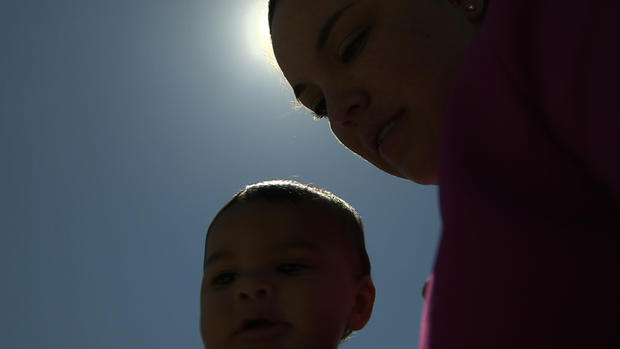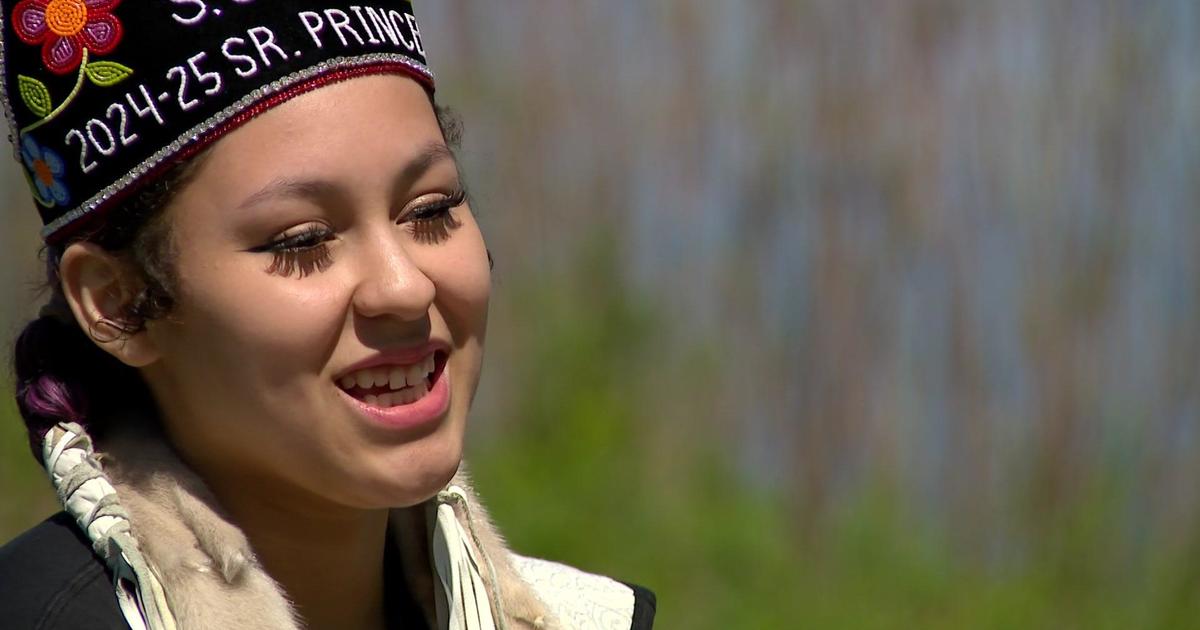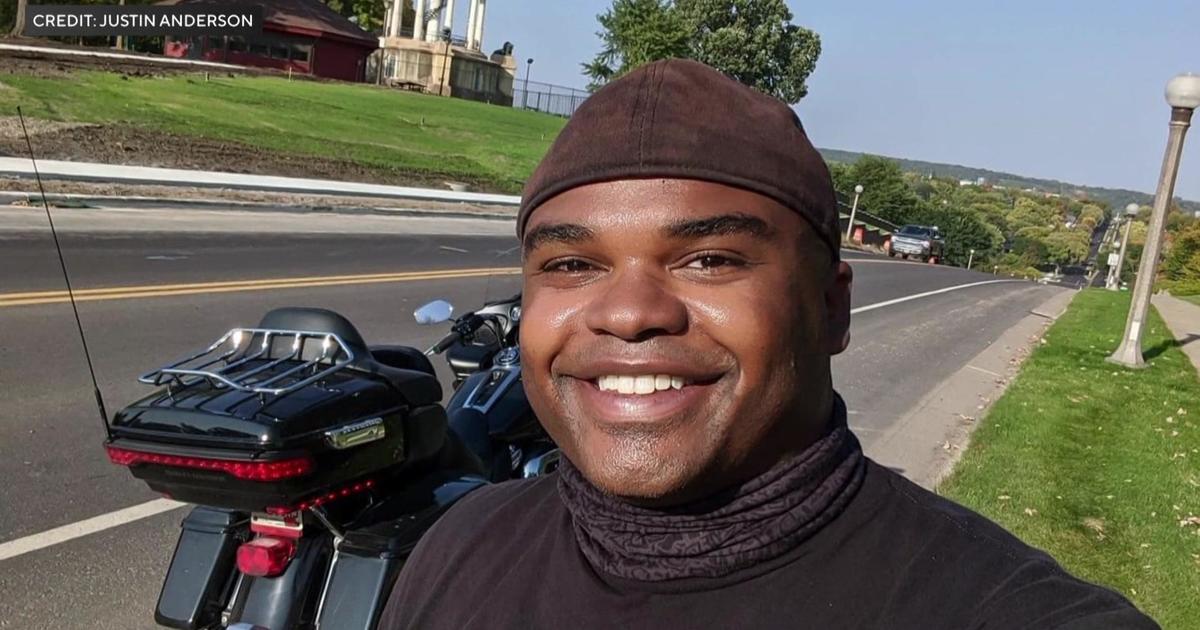How Much Vitamin D Should We Be Getting?
MINNEAPOLIS (WCCO) -- It is one of the body's main building blocks -- and Minnesotans are not getting enough of it.
WCCO's Amelia Santaniello discovered that herself when her doctor checked her vitamin D levels.
Recent research on the vitamin shows it has even more health benefits than first thought.
Even as nurse, Rebecca Spee didn't know her 7-month-old son James should be on a vitamin D supplement while breast-feeding.
"It's very overwhelming being a new mom," Spee said.
Doctors say breast milk does not contain enough of the nutrient to help babies develop strong bones.
"It was something new that I learned actually at his first follow-up appointment," Spee said.
Dr. Tom Thacher has long been touting the benefits of vitamin D.
"Vitamin D is clearly essential in order for our bones to be healthy," Thacher said.
Before his time at Mayo Clinic, he spent 20 years as a medical missionary in West Africa. That is where he studied the clinical connection between vitamin D and calcium. It is a place where kids get plenty of sunshine, but lacked the right nutrients.
"They're not getting enough calcium to make their bones strong," he said.
They would develop what is known as nutritional rickets, a disease that causes bone deformities.
"There's really an interaction between calcium and vitamin D, so you need both of those working together," he said.
But Dr. Thacher says that balancing act swings the other way in Minnesota. While clearly not as extreme, it's the vitamin D we're lacking.
Sunlight is hard to come by during our short winter days, which can lead to a deficiency that shows no symptoms until bone problems develop later in life.
"The only vitamin I routinely recommend is vitamin D because that's the one that has been shown to generally be deficient even with a balanced diet," he said.
A blood test at Amelia's last physical found her vitamin D at 18 nanograms per milliliter, a measurement that should be anywhere between 30 and 80 to be considered healthy.
"I was really surprised to find out that my levels were so low," Amelia said.
She started a vitamin D and calcium supplement a few months ago and feels a difference.
"A little more energy, maybe, a little more alert," she said.
So how much vitamin D do you need? A glass of milk contains 100 units. Doctors suggest 400 units for babies in their first year of life, 600 units in the years after.
Even 10 minutes a day in the sun with your face and arms exposed is enough vitamin D, but that carries a skin cancer risk, so you can see why a supplement is often the way to go.
Kids like James, who have darker skin, are in need even more. They need even more time in the sun make a difference.
These vitamin D lessons have Rebecca thinking -- and not just for her son's sake.
"Maybe I should also be taking a supplementation," Spee said.
Dr. Thacher also said the benefits of vitamin D extend beyond bone health.
New studies show it's good for the immune system, respiratory infections and pregnancy complications.




